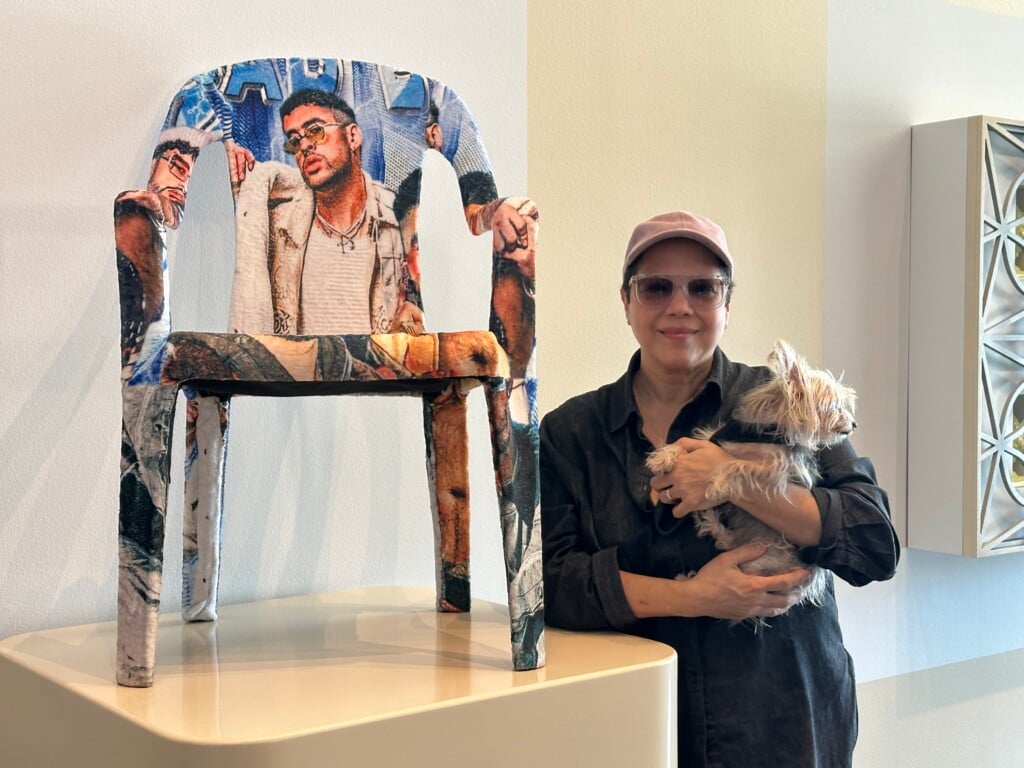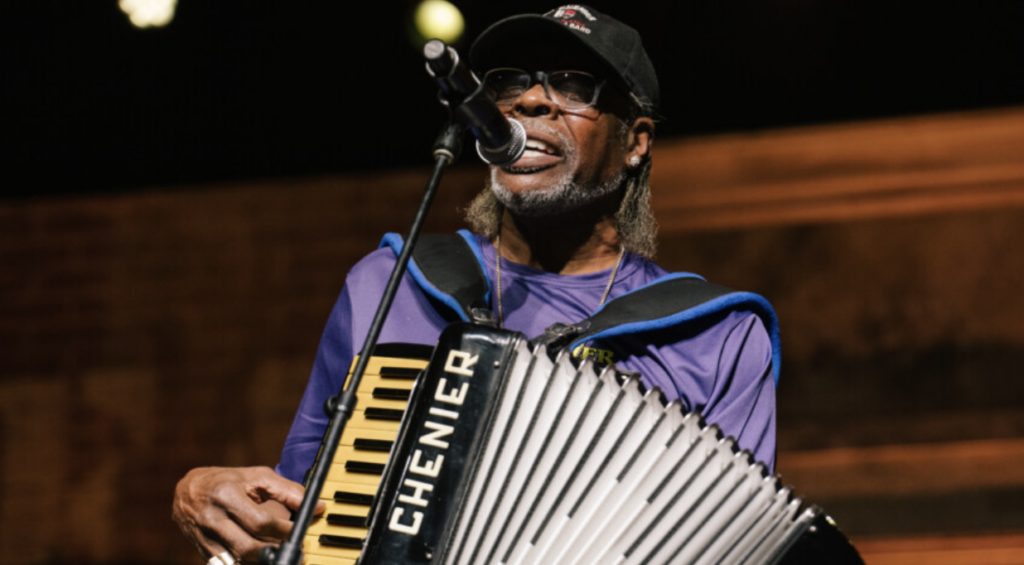Papers Chase

Kansas City is still a jazz town, or at least it wants to be. The most obvious manifestation of this desire is the 18th and Vine jazz district, where the city spent millions of dollars to rejuvenate its storied urban heritage, but it also creeps into almost every hotel brochure and piece of literature from the Visitors and Conventions Bureau. “Skyscrapers, swinging jazz, fantastic food, fascinating museums and some of the best shopping anywhere are all part of Kansas City’s allure,” touts the bureau’s Web site. And it’s right, sort of. Right now, Kansas City’s jazz scene is about as imposing as its skyscrapers.
That’s not saying there aren’t plenty of people out there trying to keep jazz alive in Kansas City. The venerable Mutual Musicians Foundation might be the best venue in the jazz district, and the Kansas City Jazz Ambassadors do a better job than just about anyone when it comes to publicizing jazz comings and goings with JAM, but the style of jazz that people focus on around here keeps Kansas City’s jazz scene in the dark ages.
“I go out to clubs every once in a while to see bands,” admits Mark Southerland, sax man for the Malachy Papers, a group that doesn’t receive a lot of attention from the local jazz illuminati. The trio also includes percussionist Mike Dillon and the recently reacquired founding bassist Bryan Hicks. “But it’s like, why would I want to go to the Blue Room to hear someone play something that was popular thirty or forty years ago when I could just go home and listen to an Art Pepper record or something?”
Southerland’s not pointing fingers at anyone playing, or booking, the Blue Room. The jazz there is, for the most part, safe, and safe sells. The straightforward, standard-heavy jazz that takes place at most of the clubs around town is something you could envision buying as a gift for your parents or for your dentist, provided he or she needs a new waiting-room soundtrack.
The Malachy Papers don’t play a lot of standards, or even in a style that’s standard. The best description the band might offer as its official party line is “smoldering free-bop jazz.” Translation: Hicks is typically confined to some sort of chord structure, but Southerland is free to do as he pleases on his solos, though he often pleases to stick with the chords as his basis. Meanwhile, Dillon, as fans of his other groups, Billy Goat and HairyApesBMX, might expect, propels the whole thing with bridled insanity. The result, on disc, is a collection of songs that usually start off like bop before morphing into emotionally charged, but logical, noise highlighted by a screaming tenor saxophone. Live, the group pairs all of this with a steady groove.
Despite receiving some recognition — the group won this year’s Klammy in the jazz category — the Malachy Papers have had difficulty finding a fanbase that truly appreciates their efforts. If Southerland were in an underappreciated rock trio, he could just load up the Econoline and hit the road in search of a more receptive crowd. But “smoldering free-bop jazz” doesn’t always play in Peoria, so the Malachy Papers headed overseas.
“We played a lot at this place called Les Falaises in the old sex district of Paris,” Southerland says, recalling the most memorable crowd the Papers encountered on a recent trip abroad. “It was this old burned-out building where these artists had basically been squatting and had set up this space where people could show their art or bands could perform. The crowd was amazing. They would just sit there, pin-drop quiet, in the soft parts of the songs listening to everything that was going on, and then as soon as we’d get to some freaky groove part, they would all start dancing.” The Papers have drawn their share of enthusiastic crowds in the States, where their best shows end up looking like the work of a well-seasoned jam band, but the fans over here might not be as well-informed as their European counterparts.
“Sometimes people here will come up and try to compliment us after the show and say something like, ‘You guys are awesome; you sound just like Phish,’ which I appreciate, I guess, but I don’t really get,” says Southerland, who reluctantly admits he went through a Phish phase. “A lot of the younger people over there really seemed to be into everything we were doing.”
This points back to the fundamental problems with Kansas City’s current jazz scene — a scene, by the way, of which Southerland stresses the Malachy Papers are happy to be a part. Still, in Europe, as Southerland mentions, a lot of young people were educated enough about jazz music to know that they wanted to see something new. Also, “there didn’t seem to be that same stigma about people over fifty being out in clubs that there is here.” In the United States, just as in Europe, young people make up the vast majority of the live-music crowds, but live jazz audiences here are typically made up of survivors of the baby boom generation. Many young people here view jazz as something that your parents or grandparents were into if they happened to be hip fifty years ago, music you could just as easily listen to at home. And until that changes, bands such as the Malachy Papers will feel more comfortable in Europe than they do at home.




